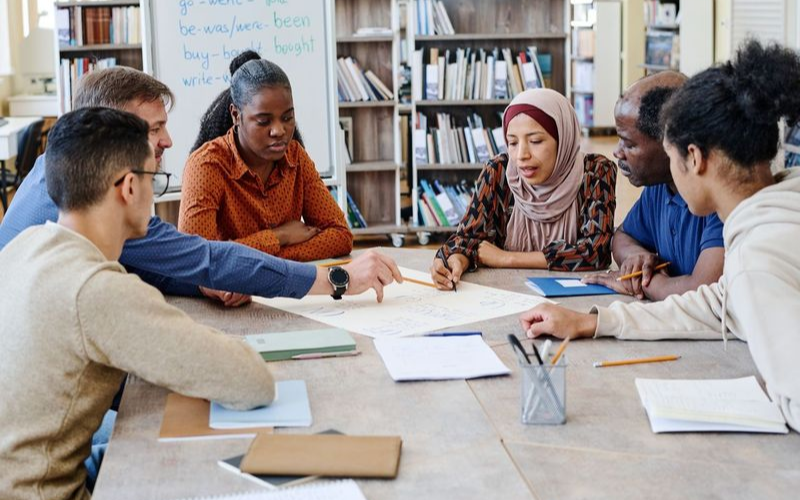As I sit down to interview Alex, a software engineer who recently relocated to Australia from Canada, I'm struck by the passion and determination in his voice. Despite the challenges he's faced in establishing his career in a new country, his resilience and optimism are palpable.
"When I first arrived in Australia, I was excited and ready to contribute," Alex begins. "I had over a decade of experience working for tech companies back home, and I felt confident that my skills would be an asset. But then I started getting the same question over and over again - 'Do you have Australian experience?'"
Alex pauses, shaking his head with a rueful smile. "It was incredibly frustrating. I knew I could do the job just as well, if not better, than some of the local candidates. But employers seemed to value that 'Australian experience' above all else."
The struggle to get his international expertise recognised is a common experience for skilled migrants in Australia. Research shows that many face years of underemployment despite bringing a wealth of valuable knowledge, fresh perspectives, and a global outlook to the table.
"It was a bit of a catch-22," Alex explains. "I needed local experience to get a job, but I couldn't get that experience without being hired in the first place. So, I had to take a step back and accept a more junior role just to prove my capabilities."
Navigating the cultural differences in the Australian workplace was another challenge for Alex. "Coming from Canada, I was used to a more formal, hierarchical work environment. Here, it was much more informal and collaborative. I had to learn to be more direct in my communication, to speak up and to share my ideas more freely."
Networking, too, required a shift in approach. "Back home, it was more about building personal connections and relationships. In Australia, it seemed to be more about quickly exchanging business cards and making introductions. I had to get out of my comfort zone and become more proactive in putting myself out there."
As Alex recounts his journey, it's clear that the road has been anything but smooth. But despite the setbacks, he remains determined to carve out a successful career in his adopted country.
"I know my global experience is an asset, not a liability," Alex says with conviction. "The skills I developed working in the tech industry back home are directly relevant to the work I could be doing here. But I think Australian employers need to start recognising that."
He pauses, then continues, "It's not just about me, though. This is a challenge faced by so many skilled migrants who come to Australia, ready to contribute but constantly being sidelined because of this demand for 'local experience.' It's a missed opportunity, both for us and for the organisations that could benefit from our expertise."
Alex's experiences highlight the need for a shift in mindset and approach when it comes to hiring skilled migrants in Australia. By recognising the value of global expertise, implementing more inclusive hiring practices, and fostering a culture of diversity and belonging, organisations can unlock a wealth of talent and diverse perspectives.
As our conversation draws to a close, Alex shares one final thought: "The path forward may not be easy, but it's not without hope. Skilled migrants need to be persistent, to advocate for themselves, and to seek out mentors who can guide them. And employers need to be willing to look beyond the 'Australian experience' requirement and see the incredible potential that lies in a globally experienced workforce."
It's a message of resilience and hope, one that resonates with the countless skilled migrants who have faced similar challenges in their pursuit of a fulfilling career in Australia.


































